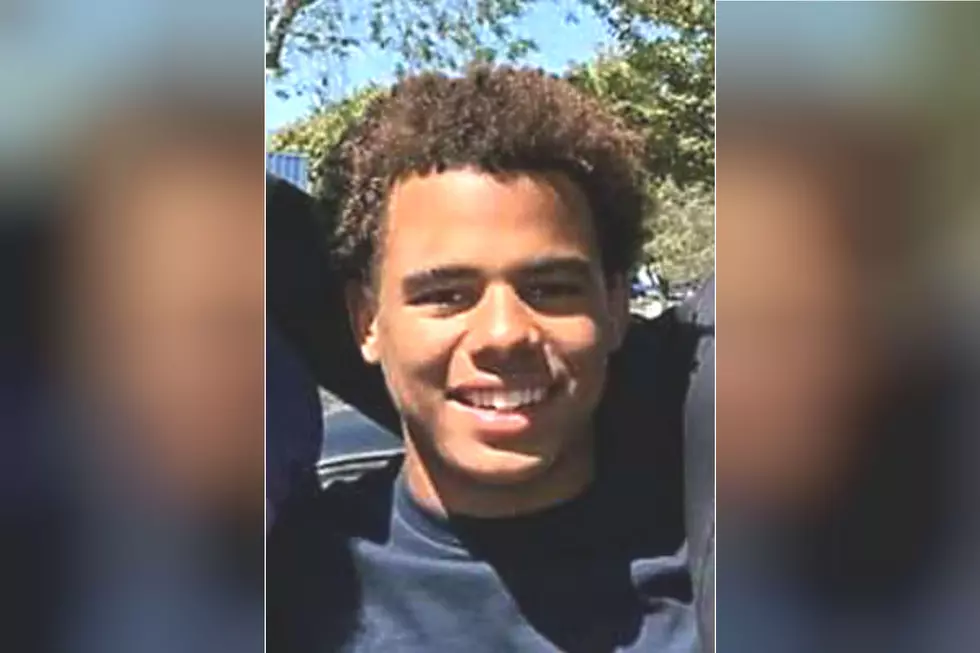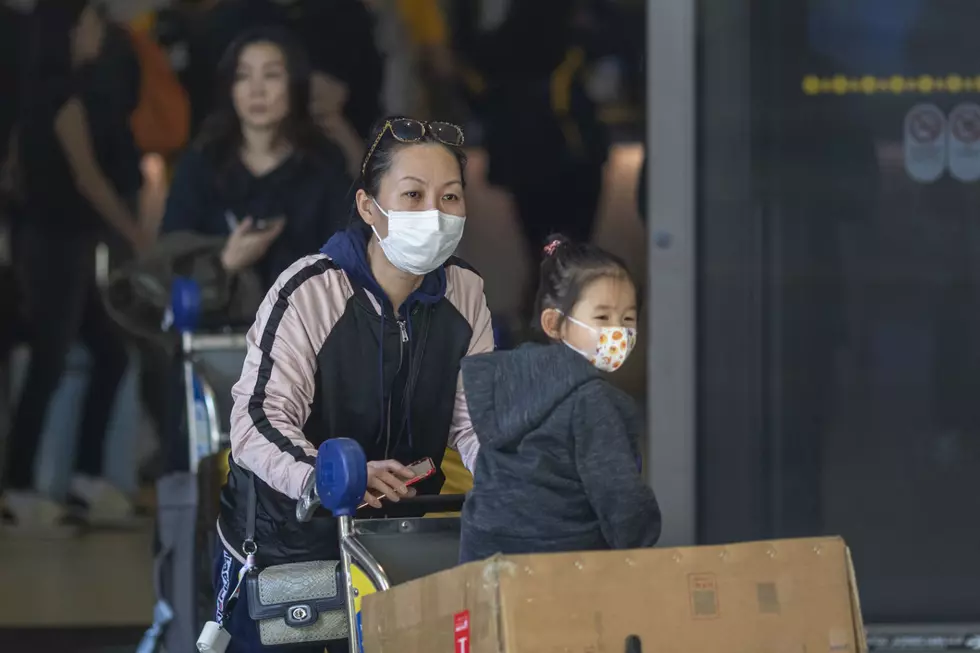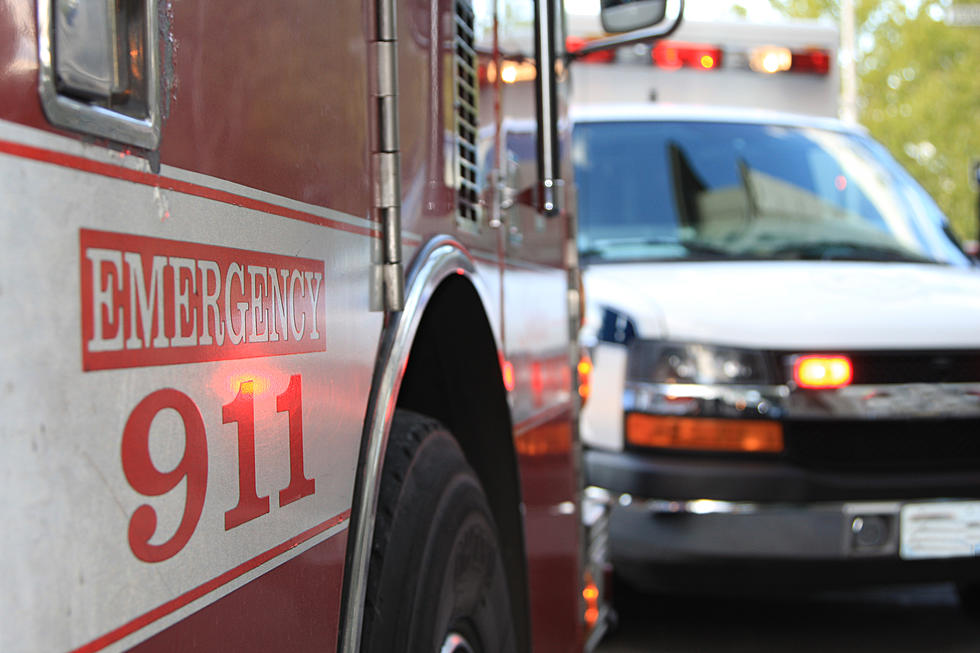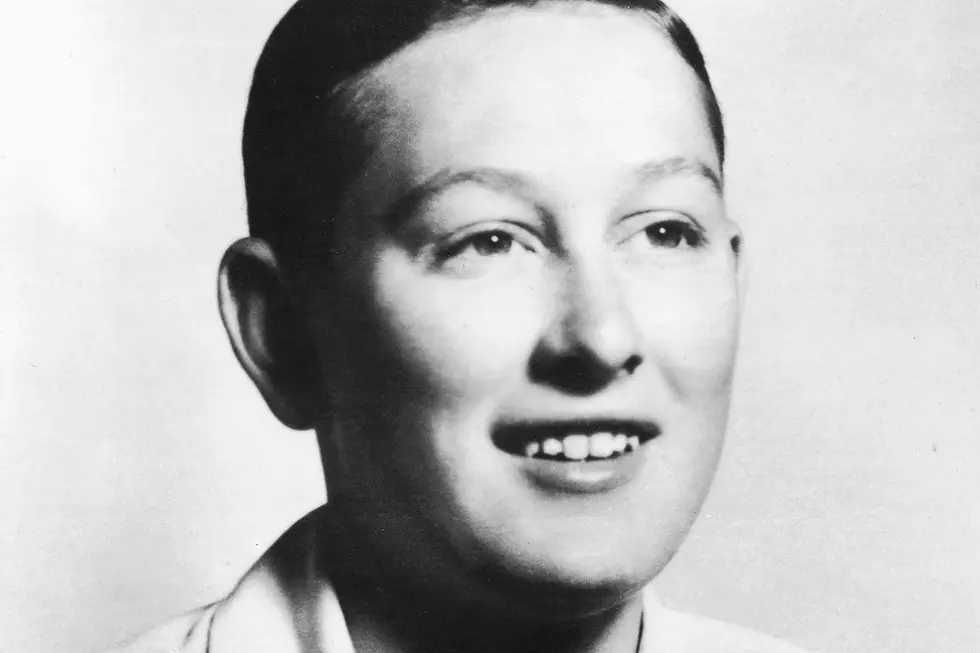
What are the signs of a concussion from high school sports? It depends
When a New Jersey high school player gets a concussion, he or she may initially feel confused and out of sorts. Typically, symptoms clear up within a few weeks, and the player can get back on the court or the field without a problem.
That's not always the case.
Last March, 16-year-old Jared Crippen suffered a concussion playing lacrosse for Brick High School. In the days that followed, he became irritable, depressed and sometimes missed class because he was so exhausted he had to take a nap.
A few weeks later, Jared was cleared by his own physician and the school athletic trainer to resume play. The following month, he took his own life.
His mother is convinced the effects of his concussion, which went unrecognized, led to his death.
Dr. David Gealt, a sports medicine physician and director of the sports concussion program at Cooper University Hospital, and a member of the board of directors of the New Jersey Brain Injury Alliance, said there can be many effects from a concussion. But they can vary significantly.
They may include headaches, dizziness, sensitivity to light, issues, with sleep, trouble concentrating — "but then you also have an emotional side too where you can feel more emotional, have sadness, irritability," Gealt said.
“It really depends on each individual, where they got hit, how they got hit," he said. "It also depends sometimes if they have any underlying issues prior, where if they’ve had a history of migraines or if they have a history of depression.”
This piece is the second in a series on student-athlete concussions. Part one: Star NJ high school athlete gets concussion — 5 weeks later, takes his own life.
He noted in some instances, if a player has a history of anxiety or depression in hir or her family, a concussion will manifest those types of symptoms, and recovery may take longer.
“A majority of people do recover within two to six weeks," Gealt said. "it’s usually the norm, and then there’s about 10% that take a bit longer, where they get into post-concussion-syndrome.”
"That’s another grey area, and everyone is not treated the same," he said.
Gealt said when a high school player gets a concussion, there is no one specific way to approach the injury.
“It’s not a ‘cookbook’ guideline. Each individual is different and we treat it individually," Gealt said. "Sometimes it can be a multi-disciplinary approach depending on what type of symptoms they have.”
Those can include, eye, balance, cognitive and psychological issues.
He said it’s important for a student’s parents, coaches and athletic trainers to be aware of the variety of symptoms that can manifest after a concussion, and keep a close eye on the kid.
“Sometimes they say 'Oh, doc, I’m doing fine, I’m great,' because they may want to go back," Gealt said. "They may not want to miss any more practice or games, so they may be lying a little bit too.”
But if a player doesn't seem like himself or herself, it's worth getting evaluated further, he said.
Gealt noted individuals who have suffered multiple concussions are more prone to exhibit significant behavior changes including depression or erratic behaviors but it depends on each individual.
More from WOBM News:

More From Beach Radio










